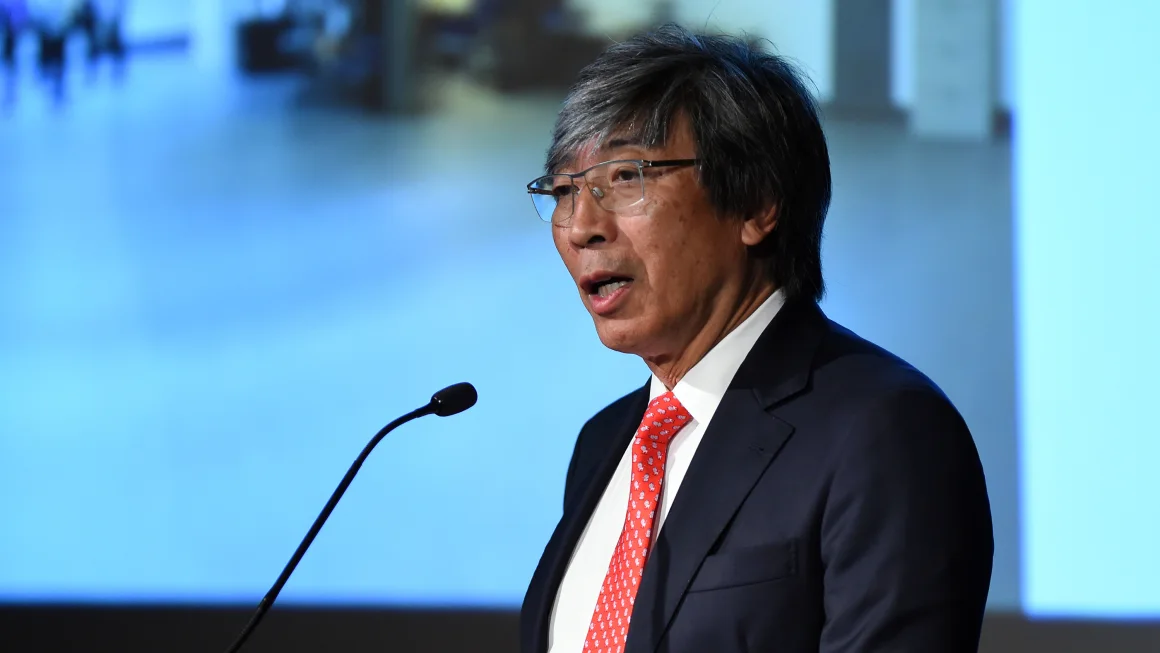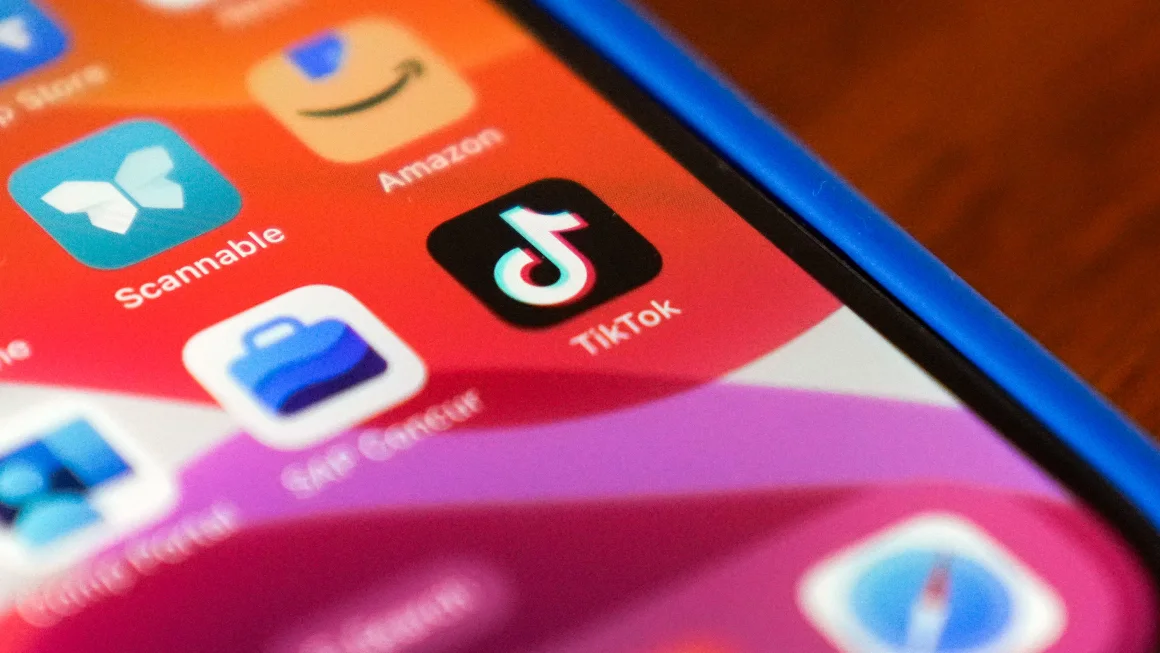Apple, the world’s most valuable tech company, is facing an unexpected hurdle as it delays a major Siri upgrade, raising concerns about its position in the artificial intelligence (AI) race. The company initially unveiled plans for a more advanced Siri last June, promising personalized responses and greater integration with iPhone apps. However, on March 7, Apple announced that the rollout would take longer than anticipated, pushing back the release of these features.
According to Bloomberg, the delay has sparked frustration within Apple’s Siri division, with the executive in charge reportedly calling it “ugly” and “embarrassing.” The setback comes at a time when AI is shaping the future of technology, and rivals such as Google and Samsung are advancing their own AI-powered features at a rapid pace.
Competitive Pressure and Market Struggles
Apple has long been a leader in defining technological eras, most notably with the iPhone in 2007. However, as competitors roll out new AI innovations, Apple’s delayed progress raises concerns about its ability to maintain its competitive edge. While Apple has introduced Apple Intelligence features, including custom emoji generation and ChatGPT integration with Siri, its ambitious overhaul of the virtual assistant remains incomplete.
The company originally planned to introduce these advanced Siri capabilities in an April software update but has now revised its timeline, stating that the rollout will occur over the coming year. Meanwhile, competitors are enhancing their AI assistants—Google’s Gemini now offers personalized responses based on search history, and Amazon’s Alexa+ remembers user preferences for tailored interactions.
Market analysts believe Apple must stay relevant in AI to maintain its dominance. “Apple needs to show it can lead in AI, and the fact that it has little to show so far is concerning,” said Ben Bajarin, CEO of Creative Strategies.
Business Challenges Beyond AI
In addition to AI struggles, Apple is grappling with declining sales in China, a crucial market for its iPhone business. During the company’s January earnings call, CEO Tim Cook reported an 11% year-over-year decline in China sales, contributing to weaker-than-expected global iPhone revenue. Although overall revenue grew 4% year-over-year, Apple stock has fallen about 12% in 2024.
Tariffs on Chinese imports further complicate Apple’s outlook, particularly as the company relies on China for key components in its supply chain. Apple previously navigated tariff challenges during the Trump administration, but the growing trade tensions pose fresh uncertainties.
The Future of Apple and AI
Despite setbacks, Apple’s strong customer base and the iPhone’s status as an essential consumer device provide stability. “Even in tough times, Apple is well-positioned because smartphones are now a necessity,” said Barton Crockett, a senior research analyst at Rosenblatt Securities.
While the iPhone remains Apple’s cornerstone, investors are looking for the next big technological leap. With smartphones becoming less of an excitement-driven purchase and more of a necessity, Apple must prove that it can lead in AI. The delay in Siri’s upgrade raises questions about Apple’s AI capabilities, but analysts remain optimistic about its long-term prospects. Wedbush Securities’ Dan Ives predicts Apple will hit new market highs in 2025, and Cook has noted strong iPhone sales in regions where Apple Intelligence features are already available.
Some experts suggest that delaying Siri’s overhaul may be a strategic move to avoid major missteps. Google faced backlash when its AI Overviews feature mistakenly recommended using glue on pizza, and Meta recently had to remove AI-generated profiles after controversy. Apple’s cautious approach may be aimed at ensuring a smoother user experience.
Apple is also rumored to be working on a slimmer iPhone model, which could reignite consumer interest. Meanwhile, competitors like Huawei are experimenting with innovative smartphone designs, adding further pressure on Apple to deliver something groundbreaking.
While the Siri delay is unusual for Apple, it does not necessarily signal a loss of direction. “The road ahead is clear—these AI features will eventually improve,” said Crockett. “The future of the iPhone will be better than its past, and there are still exciting developments to look forward to.”














